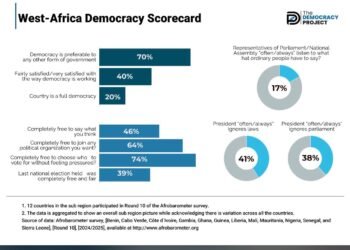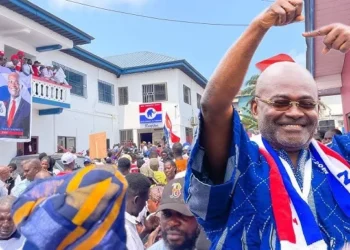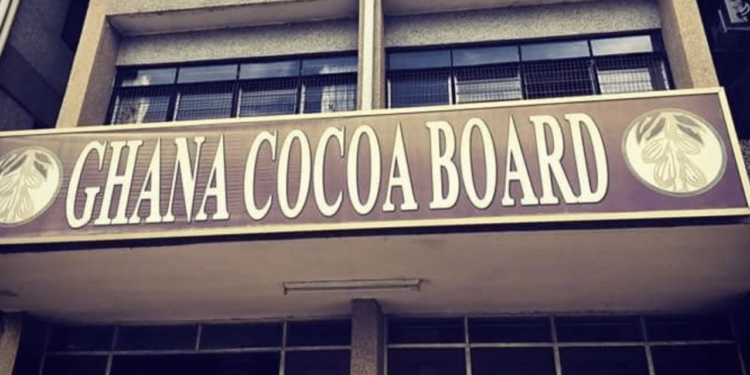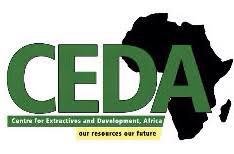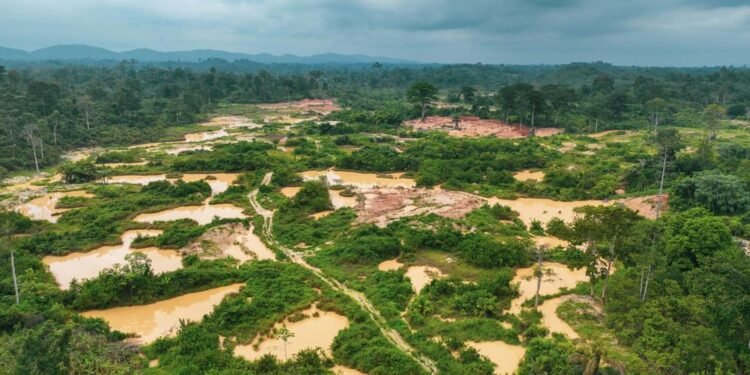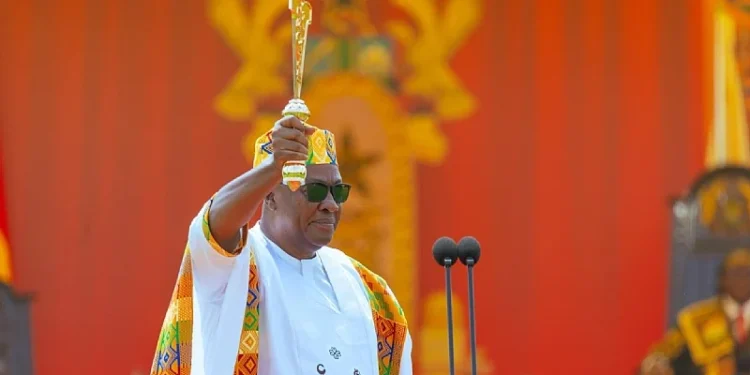One obvious fruit that Ghana’s democracy seed has produced is partisan politics or patronage politics. Partisan politics, the tendency of strongly supporting a person, principle or political party, often without considering or judging the matter very carefully is often equated to patronage politics.
Partisans take action precisely because they wish to defend or elevate the party’s political positions. Their internalized sense of partisans’ identity means that the group’s failures and victories become personal. Political actors, those in government and opposition do not even trust themselves to champion the nation’s course together.
It is without doubt political actors in Ghana appear too loyal to political parties than to the state. This is evidenced as partisanship can now be measured with the common adage like “I am NPP Police or NDC Judge”.
History informs us that partisan politics is not new here in Ghana but has its roots in the years of the Gold Coast (now Ghana) struggle for independence. Before 1949, before Dr Kwame Nkrumah broke away from the UGCC to form his CPP, Ghana’s interest was being pursued in unity and solidarity because at that time we had only the UGCC.
The formation of CPP by Dr Kwame Nkrumah led to the spectre of division upon our heads. Multiparty democracy began as a result of Dr Nkrumah’s break away from the party that provided a fertile ground for him to germinate his seed of politics in Ghana.
Unfortunately, the 1981 revolution which birthed the 4th Republic created a more divisive political tradition, the centre-left ideologue, National Democratic Congress and the centre-right ideologue New Patriotic Party. These two political traditions have controlled Ghana’s political landscape for nearly three decades. It is without doubt that since 1992, the Ghanaian political landscape has become very polarized.
Meritocracy Declining
One is therefore justified to submit that the partisan nature of Ghanaian politics with its attendant polarization has created a winner-takes-all syndrome and culture in the country; a situation that has manifested widely in what scholars referred to as patrimonial rule or neopatrimonialism, whereby the resources of the state becomes the private resources or personal property of ruling coalition’s and their allies.
This is why a Commissioner of Police is confident to publicly justify his quest to be an Inspector General of Police simply because his party is in power. One may wonder why appointment or assumption to public office must change from meritocracy to a person’s loyalty to a certain political party.
Again, it is on the same note a political leader would encourage a group of lawyers of his party to aspire to go to the bench to balance what he described as “the current administration decision of purposefully packing the judiciary, particularly the Supreme Courts, to avoid accountability when it is out of power”.
Additionally, the danger of partisan politics that has become an albatross in Ghana has led to the creation of needless political divisiveness and rancour among political actors. A feeling of deep and bitter anger has resulted in adversarial politics. Thus, political actors in Ghana treat politics as if they were in a sports rivalry.
It is hard to see political activists or actors in opposition commending the government for their good initiatives nor will they offer alternative ways for the government to consider. The question is; will the government or people in authority even consider engaging political opponents for their input during policy formulations?
To deal with this cancerous extreme partisanship and curb its related syndrome of winner-takes-all-adversarial politics and its sense of entitlement to political actors to avoid “the COP Alex Mensah’s” in our public sector, political actors must begin to foster an inter-party unity and trust.
This can be done by appointing competent and professionally objective individuals like the “Dampare’s” into sensitive public offices. As Paul Kagame, president of Rwanda posited “The problem of Africa has not got to do with resources but the mobilization of the right mindsets”
Ghana equally is not short of the right minds. It has always had people; it is extreme partisanship with its attendant polarization that has been the bane to progress and development. Time to act is now!
READ ALSO: Ghana’s Public Syndrome Of Don’t Blame The Leaders; Leave It To God





